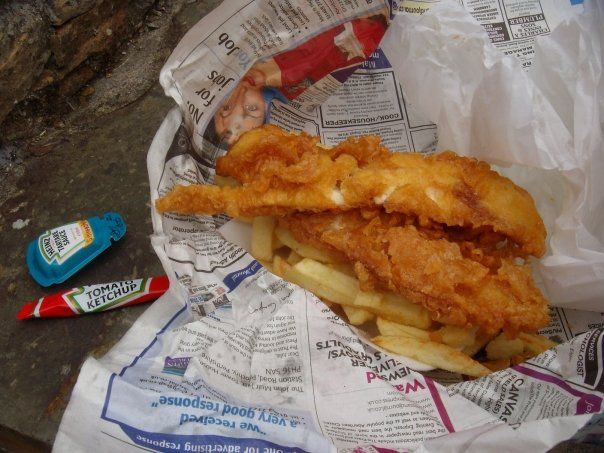The amount of foreign waste being burned in Danish power plants has increased significantly over the past few years.
Last year, 340,000 tonnes of imported waste was burned at Danish power plants, according to figures supplied to DR Nyheder by the Danish environmental agency, Miljøstyrelsen.
That is almost a fourfold increase in just three years, helping to heat and supply electricity to more than 30,000 Danish dwellings homes and businesses last year. The simple explanation for the increase is that there is plenty of extra room in Danish ovens.
“We are filling power plants with imported waste,” said Jacob Simonsen, director of the waste company’s interest organisation Dansk Affaldsforening.
“In recent years, we have begun to recycle more waste and the amount of waste also decreased in the aftermath of the financial crisis.”
More waste, lower costs
Importing the waste to fill the ovens helps lower heating prices.
“If you can fill the system completely up, then you get lower unit costs,” said Simonsen. “You can produce large amounts of energy for the cheapest possible price.”
The foreign waste comes mainly from Britain, which has a long tradition of throwing most of their waste into landfills, which is bad for the environment.
Cash for trash
Also, it is actually less expensive for Britain to send the waste to Denmark than dump it in a local landfill.
“They are faced with the choice between paying over 800 kroner per tonne to dump it in a land fill or pay us 400 kroner to deal with it,” said Simonsen. “The trash actually brings in money.”
READ MORE: Trash power plant rises from its ashes
Most of the cash earned ends up in state coffers. Last year burning foreign trash dumped 139 million kroner to the state treasury.















